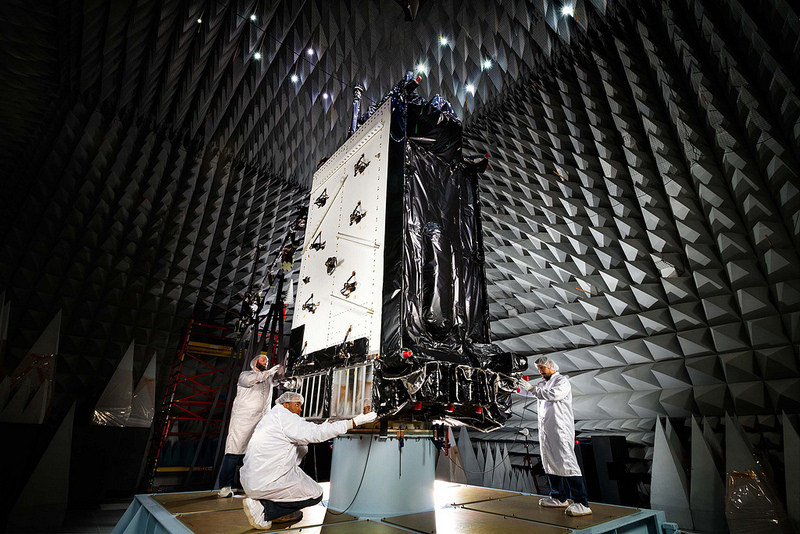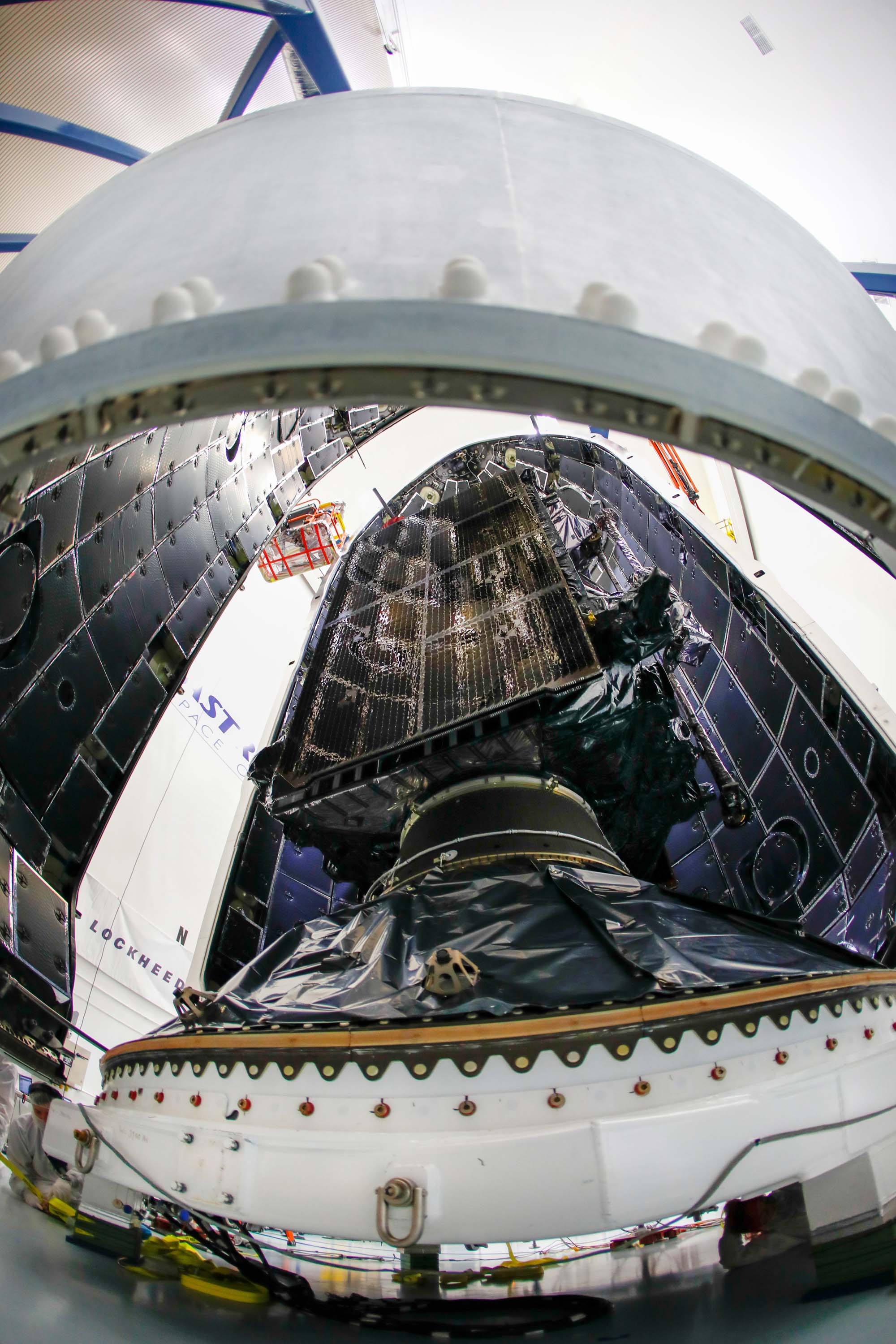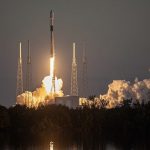
Raytheon Company and Lockheed Martin have successfully completed the first launch readiness exercise for the U.S. Air Force’s next-generation GPS III satellites.
Raytheon Company and Lockheed Martin have successfully completed the first launch readiness exercise for the U.S. Air Force’s next-generation GPS III satellites.
The exercise, completed on August 24, is a key milestone demonstrating that the team remains on schedule to achieve launch availability in 2014.
In January, the companies established a factory-to-factory link between the Lockheed Martin facility in Newtown, Pennsylvania, where the GPS III is being developed and a Raytheon facility in Aurora, Colorado. This enables the team members to transfer space vehicle and control segment information back and forth through a secure communications link.
The factory-factory link allows both contractors to identify and solve integration issues at an engineering level early in the process, reducing risk early and saving money in the long run, according to the companies. Specifically, it enables Raytheon to test their next-generation GPS operational control system, known as OCX, under development against high-fidelity simulations of the GPS III space vehicle that incorporate flight-equivalent hardware, software, and databases.
Command and control can also be tested and spacecraft telemetry returned using the factory-to-factory link in place of the radio links that will be used for the operational flight vehicles.
The Lockheed Martin-built GPS III satellites and the Raytheon-developed OCX are critical elements in the U.S. Air Force’s effort to affordably replace aging GPS satellites while improving capability to meet the evolving demands of military, commercial, and civilian users worldwide. This is the first space and ground enterprise successfully building the ground control and space vehicles by two independent prime contractors.
The launch readiness exercise, completed over a three-day period by mission operations personnel, validated the basic satellite command and control functions, tested the software and hardware interfaces, and demonstrated basic on-console procedures required for space vehicle contacts during the launch and early orbit mission. The event sets the stage for the first GPS III satellite’s mission readiness timeline, which includes five short-duration exercises and six five-day mission rehearsals leading up to launch.
“Completion of our first GPS III launch readiness exercise is a major milestone for the entire GPS enterprise and is a solid indictor that our space and ground segments are well synchronized,” said Col. Bernie Gruber, the director of the U.S. Air Force’s Global Positioning Systems Directorate.
To achieve first launch availability in the 2014 timeframe, the U.S. Air Force awarded Lockheed Martin and Raytheon contracts in January of this year to provide a Launch and Checkout Capability (LCC) for launch and early on-orbit testing of all GPS III satellites. At the heart of the LCC is Raytheon’s Launch and Checkout System that will provide satellite command and control capability, an integral part of OCX’s support of the first GPS III launch.
“This achievement is a testament to efficient planning and synchronization by the U.S. Air Force and demonstrates that we are on track to deliver critical GPS III capabilities to military, commercial and civilian users worldwide,” said Keoki Jackson, vice-president of Lockheed Martin’s Navigation Systems mission area.
Added Ray Kolibaba, a vice-president of Raytheon’s Intelligence and Information Systems business and GPS OCX program manager, “This milestone represents the hard work and dedication of the entire GPS III and OCX government-industry team . . . [and] is another demonstration of the rapid progress we’re making on OCX development, while maintaining GPS space-ground enterprise alignment. I’m confident that we’ll be prepared to support the first GPS III launch with an efficient, evolvable, and secure ground control system built independently.”
The GPS III team is led by the Global Positioning Systems Directorate at the U.S. Air Force Space and Missile Systems Center, Los Angeles AFB, California. Air Force Space Command, based at Schriever Air Force Base, Colorado, manages and operates the GPS constellation for both civil and military users.





